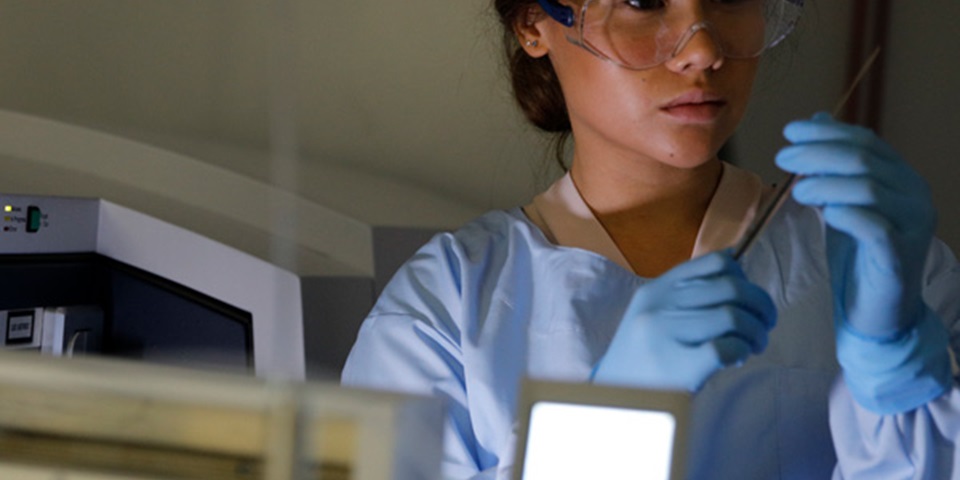Understanding early childhood disease risks
Technology utilised
Nuclear Magnetic Resonance Spectroscopy, Mass Spectrometry

The Australian National Phenome Centre is undertaking comprehensive research to better understand the onset of many major diseases from early childhood, including diabetes, cardiovascular disease, allergies and cancer.
This research addresses a major gap in our understanding of the metabolic and immunological development of children.
What is the need for this project?
The future course of adult disease can be set early in childhood, with environmental factors that operate during pregnancy and after birth casting a long shadow later into an individual’s life.
However, compared to adult cohorts, there has been insufficient research into the metabolic and immunological development of children, which hinders our understanding of the cause and development of many major diseases in individuals.
What research are we undertaking?
This research applies phenotypic profiling to identify predictors of non-communicable diseases in early life which reflect early environmental exposures and behaviours – of both mother and child – including nutrition, sleep, physical activity, outdoor interactions, stress, and other exposures.
This will provide important insight into the metabolic pathways and inflammatory profiles in pregnant women, infants and young children that may predict early onset of childhood conditions especially those associated with allergic diseases, predisposition for obesity and mental health.
What are the key outcomes?
The recognition of early life exposures as prime causal determinants of life-long health, and indeed, the health of the next generation, has tremendous potential to improve population wellbeing.
If we can identify specific phenotypic abnormalities associated with childhood conditions, we can target these with new interventions and also use them as valuable monitoring tools in interventional trials.
Technology utilised
Nuclear Magnetic Resonance Spectroscopy, Mass Spectrometry